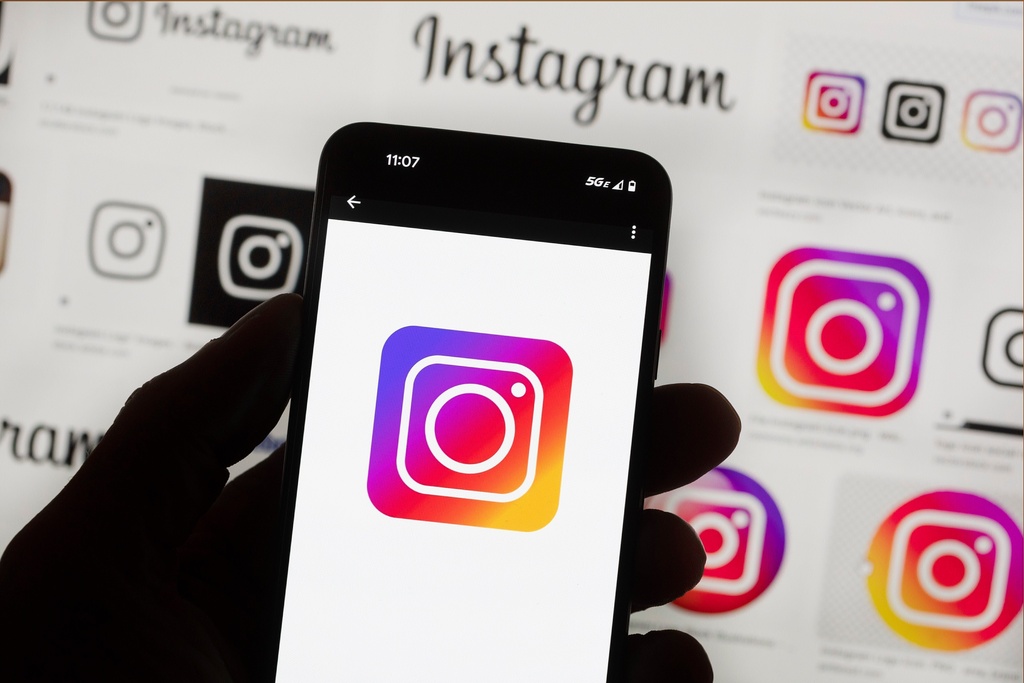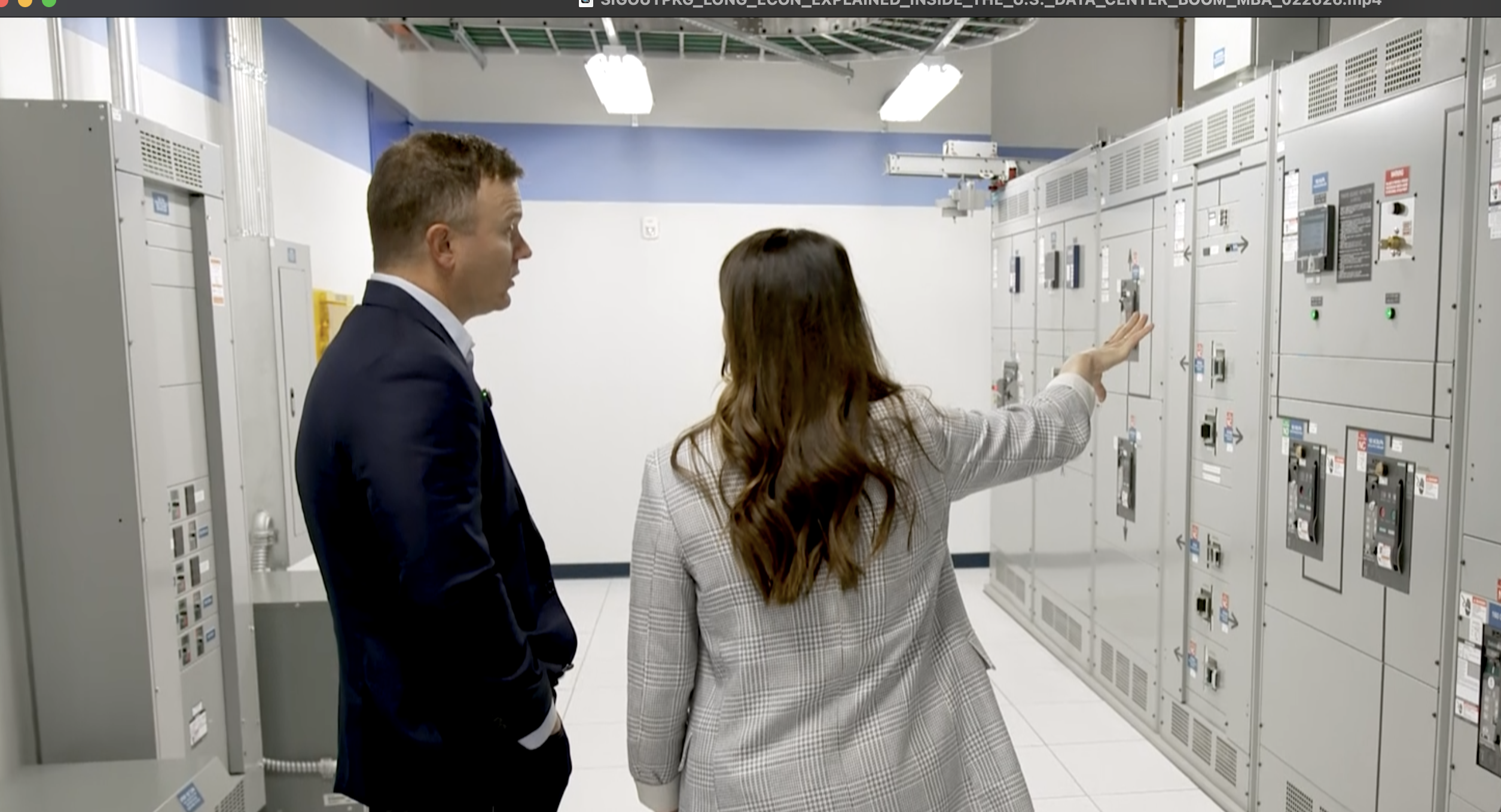Tuning in has gotten a whole lot easier for folks struggling with hearing loss.
"Now there's this new pathway to care where people can buy products over-the-counter if they perceive they have a hearing loss without the intervention of a hearing health care professional," said Barbara Kelley, the executive director of Hearing Loss Association of America.
Following FDA approval in August, hearing aids have become available in places like Walgreens and CVS without a doctor's prescription, giving the hard of hearing a choice that wasn't there before.
"Cost is one barrier that stops people from getting hearing health care," Kelley said. "Another can be access to the care. Not everybody has access to an audiologist, and sometimes it's a stigma. People think hearing aids are just for older people."
However, this new access to care has drawn questions, which then prompted the Hearing Loss Association of America to offer some guidance.
"It's really important to remember that over-the-counter hearing aids are only for adults with self-perceived, mild to moderate hearing loss," Kelley said. "So if somebody is considering it over the counter, it's really important that they look at things on the box. First of all, it should say over-the-counter hearing aid, which means that it has met the FDA regulations."

Experts Warn Of Hearing Loss Due To Unsafe Listening Practices
Data from 2000 to 2021 on unsafe listening published in the British Medical Journal found two and a half hours of 92-decibel noise could do damage.
As for finding the right one, it's up to each person.
"First of all, your brain has to adjust," Kelley said. "You're getting bombarded with all these sounds you might not have heard before, so a return policy is really important."
This is where health experts become a bit wary of over-the-counter hearing aids.
"Some hearing aids are like race cars; you need a good mechanic for it to run well," said Dr. Elias Michaelides, an otologist at Rush University Medical Center.
Dr. Michaelides says that fine-tuning is essential for them to work right.
"A hearing aid is a complicated device," Dr. Michaelides said. "It's a small computer that fits in your ear, so it does take some technology and knowledge on how to program it appropriately for the right pitches and the right volumes at different areas. So, there is some work that needs to be done in allowing patients to adjust these hearing aids properly."
While over the counter hearing aids may be more convenient for patients, audiologists warn that it's crucial a patient makes sure the underlying source of the hearing problem is addressed, citing concerns that their use could lead to symptom masking.
"My philosophy is that if you do have some hearing loss, it's a good idea to get a full hearing test so that we can diagnose if there's any treatable conditions or any serious conditions that might be causing the hearing loss," Dr. Michaelides said. "We can see problems with the eardrum, like a hole in the eardrum, but we can also see chronic ear disease. We can see inner ear tumors and other conditions that might be treatable, either with medications or surgery to restore the hearing."
Regardless of the route chosen to address hearing loss, advocates say the very fact that conversations are being had is a step in the right direction.
"The important thing is that people should pay attention to their hearing health," Kelley said. "It's part of overall wellness."











